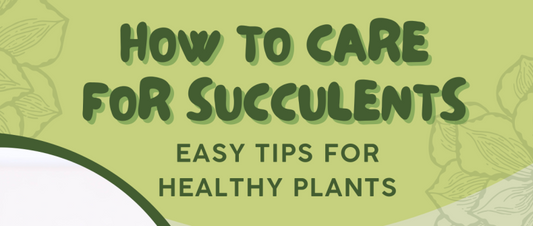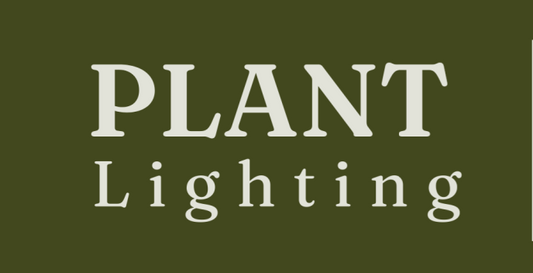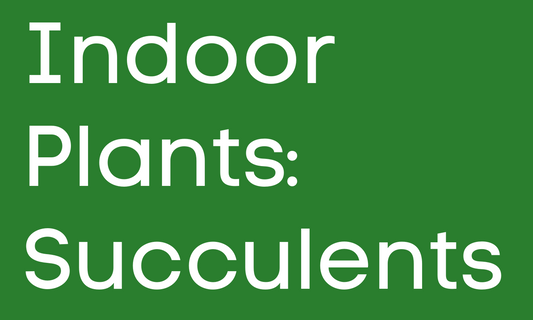
Plant Care Profile: Ponytail Palm (Beaucarnea recurvata)
Description: The Ponytail Palm, scientifically known as Beaucarnea recurvata, is a captivating and unique houseplant known for its distinctive, bottle-shaped trunk and long, cascading leaves. Despite its name, it's not a true palm but belongs to the Agave family. Its elegant appearance makes it a popular choice for interior decor.
Light Requirements: Place your Ponytail Palm in bright, indirect light. It can tolerate lower light conditions, but for optimal growth and health, provide it with bright, filtered sunlight. Avoid direct sunlight, as it can scorch the leaves.
Watering: Water your Ponytail Palm sparingly. Allow the soil to dry out completely between waterings. Be cautious not to overwater, as the plant is drought-tolerant and can rot if the soil remains consistently moist.
Soil: Plant your Ponytail Palm in well-draining cactus or succulent potting mix. A mix that allows excess water to drain away from the roots is essential to prevent root rot.
Temperature and Humidity: Maintain average room temperatures between 65-80°F (18-27°C) for your Ponytail Palm. It can tolerate slightly cooler temperatures but should be protected from frost. Typical indoor humidity levels are usually sufficient.
Fertilization: Feed your Ponytail Palm with a balanced, diluted liquid fertilizer every 2-3 months during the growing season (spring and summer). Reduce or eliminate fertilization during the dormant period (fall and winter).
Pruning and Maintenance: Ponytail Palms require minimal pruning. Remove any dead or yellowing leaves as they appear. Trim the tips of the leaves if they become too long and droopy.
Propagation: Ponytail Palms are usually propagated through seeds, but it's not a common practice for indoor plants due to the slow growth rate. It's easier and more reliable to care for established plants.
Special Notes:
- The swollen base of the Ponytail Palm stores water, allowing the plant to survive periods of drought.
- It's normal for older leaves to turn brown and dry as the plant grows.
- The Ponytail Palm is safe for pets, making it a suitable choice for pet-friendly households.
Remember that the Ponytail Palm's unique appearance and growth habits require specific care considerations. By understanding its needs and observing its responses, you'll be able to provide the best care for your Ponytail Palm and enjoy its distinct beauty.




